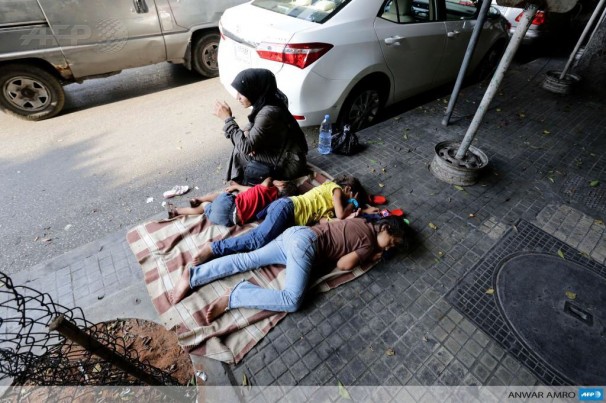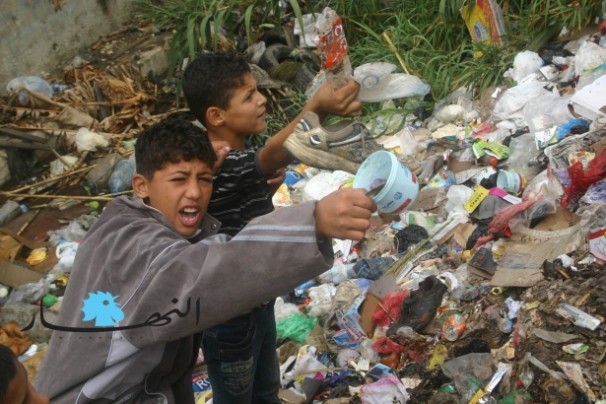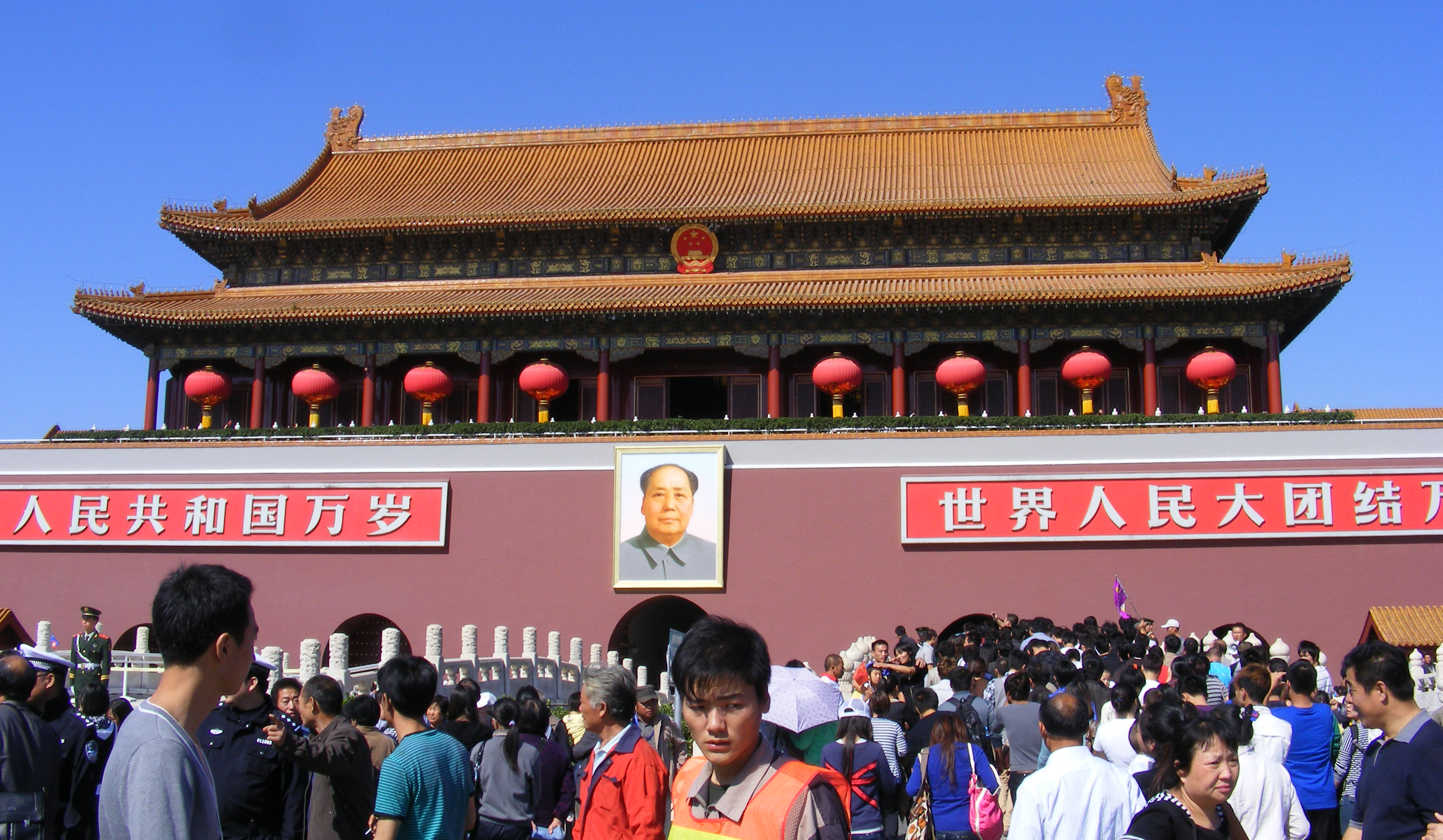While the focus of the world is on the fight against extremism in Syria and Iraq, fewer people are aware of the huge humanitarian burden that surrounding countries in the region are shouldering. My home country of Lebanon, bordered by Syria to the north and east and Israel to the south, has been recently identified as the country that has welcomed the largest number of Syrian refugees in the last three years, which this year reached 1.5 million.
The Lebanese government has failed in most sectors. Drowning in fiscal deficit, there hasn’t been a presidential election since March 2014 or parliamentary elections since 2009. As if it needed one more burden, that’s when the Syrian refugees came along.
Unfortunately, ‘burden’ is how many Lebanese view the situation. The refugee crisis is exacerbating decades-old political tensions between the two countries which have led many Lebanese to assume that Syrians are bad, poor, uneducated and dangerous people that they shouldn’t make any contact with. The Lebanese government has had a longstanding open borders policy with Syria , which allows refugees to access the education and health systems. It’s hard not ignore the negative effects on an already fragile country that doesn’t have the means to adequately support a huge influx of very vulnerable people.

The Syrian crisis is not Bashar al Assad fighting with his rivals, nor the US, France and other countries being heroes saving the world from ISIS. The crisis is children suffering from malnutrition caused by poor hygiene, a lack of suitable drinking water, and sometimes resorting to eating garbage, which is spreading all kinds of diseases. Thousands of children have been forced to flee their homes and childhoods, living in tents or on the streets, hungry, sick and traumatised.

With the conflict in Syria spiralling, it seems unlikely that the refugees will be able to return to their homeland any time soon. The danger is that a generation of Syrian refugees growing up poor, with no formal education, could slip into criminality. In towns throughout Lebanon, young refugees on the streets selling gums and flowers at traffic lights, or cleaning shoes in order to gather £5 a day, is a common sight.
The Syrian occupation of Lebanon, which began in 1976, lasted nearly 30 years. From 1991 until 2005 Syria exercised near total control over Lebanon’s domestic and foreign politics, and Syria’s President at the time, Hafez Al Assad, was blamed for the assassination of a string of Lebanese leaders. In 2005 the assassination of former Lebanese Prime Minister Rafic Al Hariri was the trigger for Syria’s hurried departure from Lebanon. Many Syrian workers left Lebanon, and most Lebanese were happy to see them go. However, many Lebanese insist that Syria continues to operate today in Lebanon either directly or through their Lebanese proxies. They accuse her of direct or indirect responsibility for the assassination of Hariri and for attacks on other politicians and journalists.
As a result of this difficult political relationship, Syrian refugees coming into the country now are being discriminated against by the Lebanese. Many Lebanese stereotype Syrians as criminals, rapists, and mistrusted people, and 45 municipalities have so far imposed curfews on Syrian refugees. Phrases such as “go home”, “ teach them a lesson”, “ Syrians are outnumbering us” and “they take jobs from the Lebanese. It’s not that bad if we teach them a lesson now and again” are all too common. Furthermore, Syrians are largely hired as labourers on low salaries, thus exacerbating the perception that they are inferior.
A Lebanese man threatens to kill a group of Syrian children. The man has since been arrested by the authorities.
Who’s to blame for this scenario? Is it the Lebanese government for not controlling its own borders? Is the civil war in the Syria? Or is it the international community that should be doing more to alleviate the refugee burden on fragile neighbouring countries in the region?
However they have always been at war in the Middle East, but till when?








